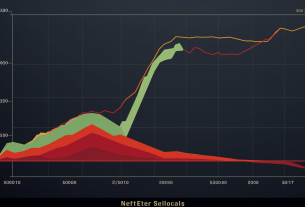In a surprising turn of events, McDonald’s has taken a decisive step by purchasing all 225 of its franchise restaurants in Israel. This move comes in the wake of a series of boycotts that have put the fast-food giant under the spotlight. The boycotts, which emerged as a response to various socio-political issues, have prompted McDonald’s to reassess its strategy in the region, leading to this significant acquisition.
Rather than retreating in the face of adversity, McDonald’s has chosen to deepen its commitment to the Israeli market. This decision is not just about maintaining a business presence; it’s a statement of resilience and adaptability. By taking full ownership of its operations in Israel, McDonald’s is positioning itself to have more direct control over its business strategy and public relations in the region.
The company’s move is a calculated risk, aiming to stabilize its operations and rebuild its image among Israeli consumers. It reflects a broader trend of multinational corporations facing challenges in politically sensitive markets and choosing to confront these challenges head-on rather than withdrawing.
This development is a testament to the complex interplay between global businesses and local politics. As McDonald’s navigates the aftermath of the boycotts, its actions will likely be closely watched by both supporters and critics. The outcome of this bold strategy could set a precedent for how international brands manage controversies and maintain their foothold in challenging markets.



